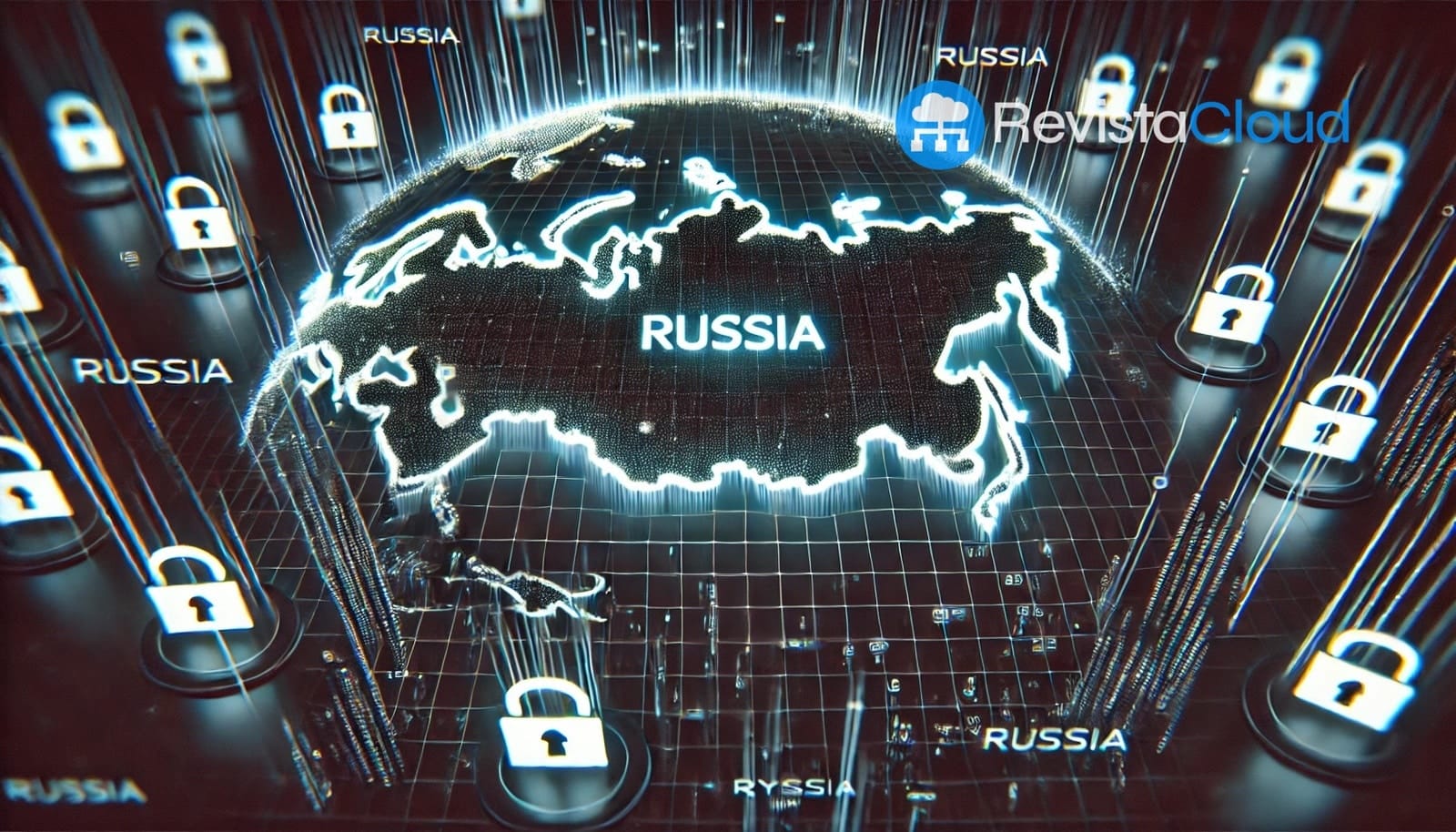Since the beginning of the conflict in Ukraine in 2022, Russia has faced international restrictions that have limited its access to key technologies, especially chips manufactured in the United States and Taiwan. In response, the country has accelerated its strategy to implement domestically manufactured hardware in critical infrastructures, such as nuclear power plants, employing MCST Elbrus 2S3 CPUs, with performance comparable to that of a Raspberry Pi.
Limited but Functional Technology
Programmable Logic Controllers (PLCs) based on MCST Elbrus 2S3 CPUs are designed to automate processes in nuclear plants and are being tested in oil and gas facilities. This processor has modest technical specifications:
- 2 cores with a clock speed of up to 2 GHz.
- 8 GB of DDR4 RAM operating at 3,200 MHz.
- Compatibility with SSDSolid State Drive (SSD) is a storage device that uses flash memory… PCIe 3.0 of up to 480 GB.
- A basic iGPU for video encoding and decoding.
Although their performance is limited, these systems meet the needs of the automated control systems that Russia aims to implement as part of its plan to rely exclusively on domestic hardware and software by 2030.
The Impact of Sanctions and Technological Self-Sufficiency
International sanctions have severely affected Russia’s ability to access advanced chips, particularly those manufactured using TSMC technology in Taiwan. The Elbrus 2S3 CPU, for instance, originally utilized a 16 nm TSMC manufacturing process, but current restrictions prevent continued production under these specifications.
Despite these limitations, Russia has proven capable of evading blockades in the past by acquiring prohibited technologies through distribution networks and intermediary companies. Recent examples include the procurement of chips from Texas Instruments for military use and the limited production of Baikal-S CPUs, which also depend on TSMC.
Future Challenges in Manufacturing and Scalability
The main challenge for Russia lies in replacing advanced manufacturing processes that are no longer available. While Elbrus-based controllers are adequate for specific applications like nuclear plants, the lack of access to cutting-edge technologies could limit their ability to scale these solutions to other sectors, such as oil and gas.
Moreover, reliance on less advanced local technology could undermine performance and competitiveness against international standards. However, the Russian government seems willing to make these compromises in its pursuit of technological self-sufficiency and to protect its critical infrastructures from potential external interference.
A Strategic Approach Towards 2030
The use of CPUs like the MCST Elbrus 2S3 reflects Russia’s determination to isolate its strategic systems and minimize dependence on foreign technology. While the path to technological self-sufficiency is uncertain and fraught with challenges, this move underscores the country’s priority to protect its key infrastructures in the context of international sanctions and geopolitical tensions.
via: Chapuzas informático

